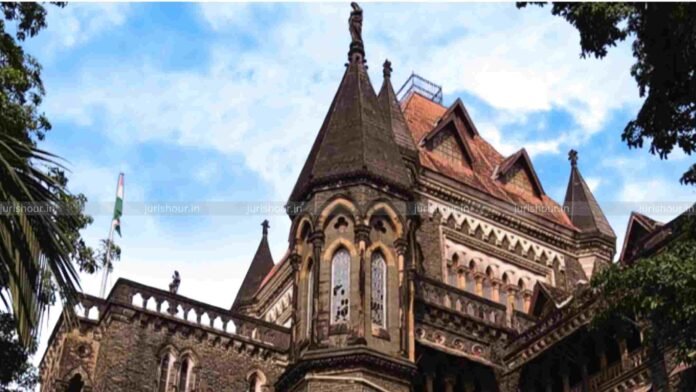The Bombay High Court has ruled that the Income Tax Department cannot invoke the Dispute Resolution Panel (DRP) procedure under Section 144C of the Income Tax Act when the Transfer Pricing Officer (TPO) has not proposed any variation in the assessee’s income.
The Bench of Justices B.P. Colabawalla and Amit S. Jamsandekar held that when no variation is made by the TPO, the assessee does not qualify as an “eligible assessee” under Section 144C(15)(b). Consequently, the Assessing Officer (AO) has no jurisdiction to issue a draft assessment order, and any subsequent assessment or penalty proceedings based on it are invalid.
The petitioner/assesee, Classic Legends Pvt Ltd had challenged the draft and final assessment orders passed under Sections 143(3), 144C, and 144B of the Income Tax Act, along with the related demand notice and penalty show-cause notices.
The AO had referred the petitioner’s international transactions to the TPO under Section 92CA. However, the TPO accepted the transactions at arm’s length and made no adjustment to the petitioner’s declared income. Despite this, the AO issued a draft assessment order invoking Section 144C, prompting the challenge before the High Court.
The department contended that the mere act of referring a case to the TPO made it eligible for the DRP procedure, regardless of whether any variation was ultimately proposed. It urged a “broad interpretation” of the term “eligible assessee” under Section 144C(15)(b).
Rejecting the Revenue’s contention, the Court held that the plain language of Section 144C(1) clearly restricts the procedure to cases involving a variation prejudicial to the assessee.
“When there is no variation, there is no question of any prejudice being caused to the assessee which would then entail him to file any objections to the draft order,” the Bench observed, adding that the Revenue’s reading of the provision was contrary to the statutory framework.
The Court clarified that “variation” cannot be interpreted to include “no variation,” and the entire DRP procedure becomes inapplicable in such cases.
The Bench cited the Gujarat High Court’s decision in Pankaj Extrusion Ltd v. ACIT (2011) and the Delhi High Court’s ruling in Honda Cars India Ltd v. DCIT (2016)—both of which held that a draft order under Section 144C is impermissible when the TPO makes no adjustment to the assessee’s income.
The Court concluded that since there was no transfer pricing variation, the Assessing Officer had no jurisdiction to issue a draft order or pass a final order under Section 144C. It therefore quashed the Draft Assessment Order, Final Assessment Order and the corresponding Demand Notice and Penalty Show Cause Notices.
Case Details
Case Title: Classic Legends Pvt Ltd Versus Assessment Unit & Ors
Case No.: Writ Petition (L) No. 14748 Of 2025
Date: 09/09/2025
Counsel For Petitioner: Senior Advocate Jehangir D. Mistry
Counsel For Respondent: Advocate Akhileshwar Sharma
Read More: CJI BR Gavai Calls for Transparent and Merit-Based Appointments to ITAT

